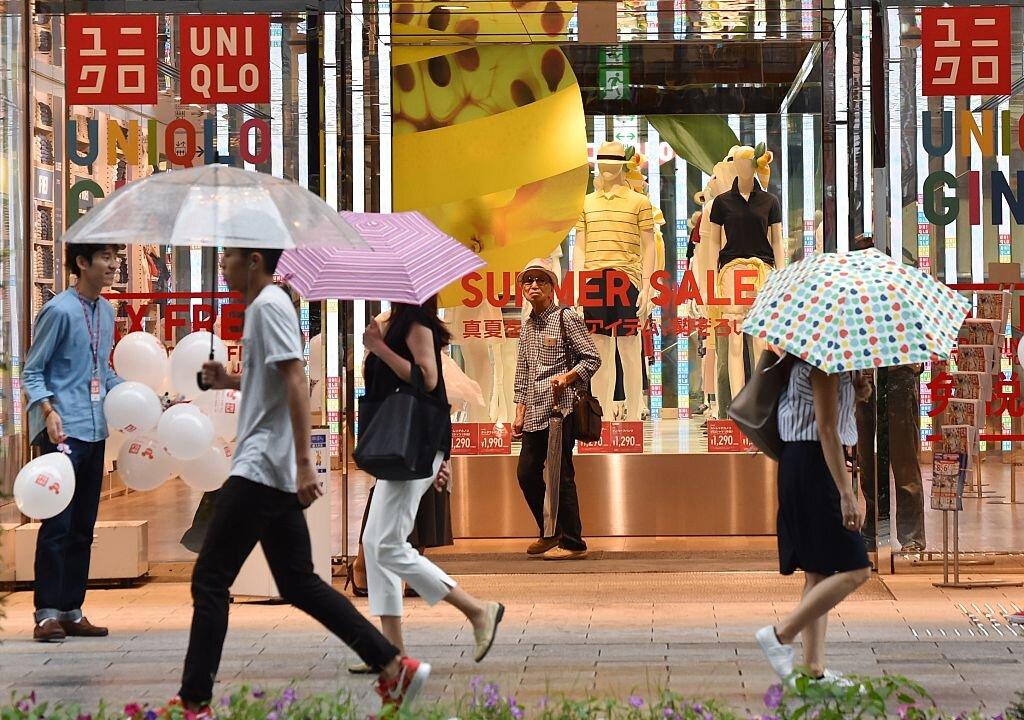A number of Japanese companies are considering relocating their part of their manufacturing away from China, after the latest round of U.S. tariffs which went into effect on Sept. 1.
Among those contemplating relocation is Japanese fashion retailer Uniqlo, which has 52 stores in the United States and 698 stores in China. The retailer is now seeing many of its key merchandise manufactured in China, including jackets, trousers, and shirts, being subjected to a new 15 percent U.S. tariff.





